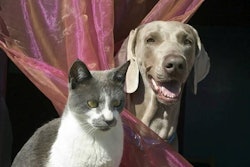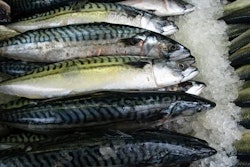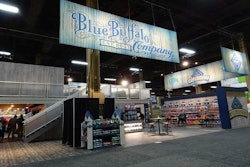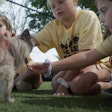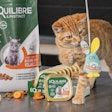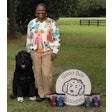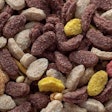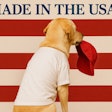
Mars Pet Care taking steps toward sustainability
From Petfood Industry:
Mars Pet Care is leading the way when it comes to sustainability issues, according to a report.
In 2010, the company pledged to only buy fish from fisheries or fish farms that are certified as sustainable by third parties, and said it would replace all wild catch whole fish and fish fillet with byproducts or farmed fish. This is in effort to keep pet food sources from competing directly with sources for human food.
The challenge here is that pet owners increasingly are seeking to feed their pets the same way they feed themselves, with premium ingredients and food that resemble what humans eat.
“We are going to have to educate our consumers,” said Isabelle Alvoet, global sustainability director for Mars Pet Care. “It’s not easy.”
In the US, Mars has replaced all of its wild-caught fish supply with sources approved by the Monterey Bay Aquarium’s Seafood Watch program.
Other big pet food companies, like Nestle Purina and J.M. Smucker, also are taking steps toward sustainability.
Nestle Purina has published a 20-page report that said the company is reducing its energy and water use at selected plants. It says it also has “a traceability program … (that) focuses on issues such as deforestation, overfishing, human rights, child labor, water scarcity and animal welfare.”
J.M. Smucker says it regularly reviews its sustainability initiatives, but has not formalized its focus for its Big Heart Pet Brands.
How Mars is greening pet food with bycatch and grain
And that’s a problem — particularly when owners decide to feed their pets as if they were people. The environmental impact of pet food is big, although no one knows just how big. Much could be done to “green” pet foods — dogs and cats are getting more meat and fish than they need, for starters — but the industry is just starting to grapple with its sustainability issues.



